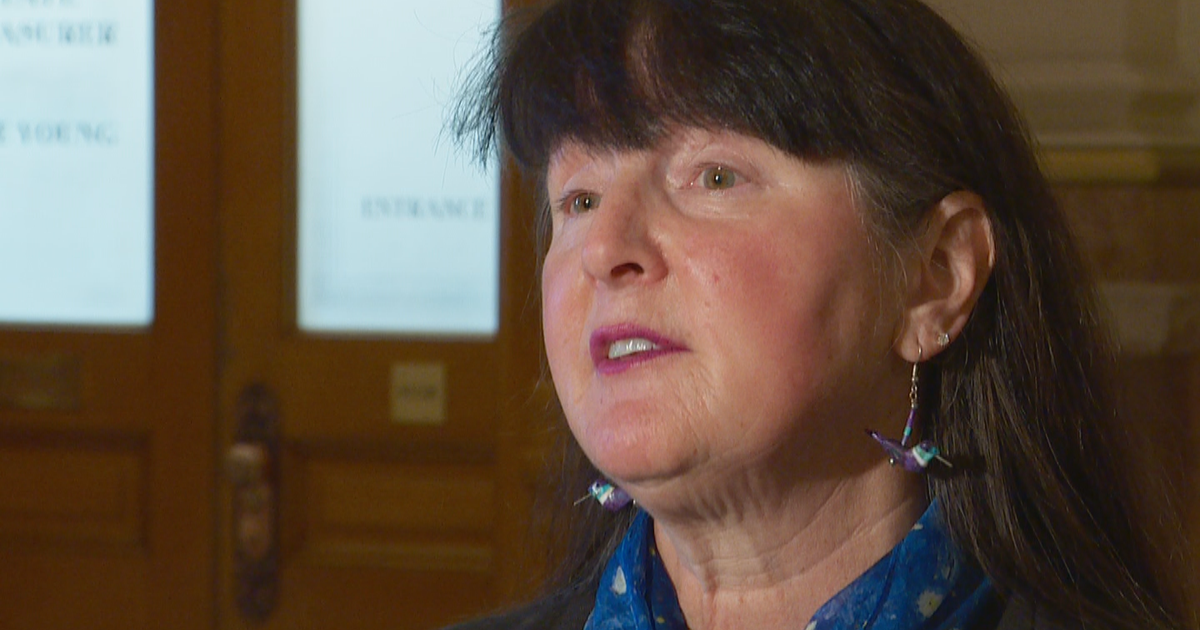"Bye, Boris"? Cabinet members quit on U.K. leader Boris Johnson after changing story on official accused of sexual misconduct
London — U.K. Prime Minister Boris Johnson was fighting for his political survival on Wednesday after a number of high-profile resignations shook the foundations of his government and fueled doubt as to whether he'll be able to hang on as leader of his party, and the country.
The resignations came in response to the latest in a long series of scandals to engulf Johnson, this one involving Chris Pincher, former government minister. Pincher, who recently resigned after being accused of groping two men, was appointed as deputy chief whip by Johnson, who initially claimed he did not know about any previous, specific allegations of misconduct against Pincher. Johnson's office changed the official account of what the prime minister knew two times over the last week, as new information came to light.
Sinking ship?
On Tuesday, two of Johnson's most important cabinet ministers, finance minister Rishi Sunak and health minister Sajid Javid, resigned, publishing scathing letters online.
"The public rightly expect government to be conducted properly, competently, and seriously… I believe these standards are worth fighting for, and that is why I am resigning," Sunak wrote. " In preparation for our proposed joint speech on the economy next week, it has become clear to me that our approaches are fundamentally too different."
"The tone you set as a leader, and the values you represent, reflect on your colleagues, your party, and ultimately the country," former health minister Sajid Javid said. "I served you loyally as a friend, but we all serve the country first. When made to choose between those loyalties there can be only one answer."
Johnson quickly replaced the ministers, but a string of other resignations — numbering at least 38 in total, according to the BBC — showed the threat to his government was not over.
Crisis after crisis
Over the past few months, Johnson narrowly survived a vote of no confidence by his party and was fined by police for violating COVID-19 restrictions during Britain's pandemic lockdown, when he attended parties at his official residence.
But for those who recently resigned, the Pincher scandal and questions it raised about Johnson's credibility as a leader appeared to be the last straw.
Media reports contradicted the initial story conveyed by Johnson's office, which stated that he didn't know anything about specific allegations against Pincher. The prime minister then changed his line and said he had been aware of some allegations, but that they had not amounted to formal complaints.
That was followed by a former senior civil servant alleging publicly that Johnson had been briefed "in person" about a previous formal complaint against Pincher, prompting accusations that Johnson had lied. Johnson responded by saying he had failed to recall that specific briefing, and that he regretted not acting on the information.
On Wednesday, during a weekly gathering of parliament, Johnson was repeatedly criticized and urged by a number of ministers from opposition parties to step down. He responded by saying that he believed the government shouldn't walk away when times are tough.
"Treading the tightrope between loyalty and integrity has become impossible in recent months, and Mr. Speaker, I will never risk losing my integrity," Javid, the former health minister, said in his resignation statement, which he delivered at the gathering. Javid said he had given the prime minister the benefit of the doubt for the last time.
"The problem starts at the top, and I believe that is not going to change," Javid said.
As the meeting wrapped up, lawmakers could be heard shouting: "Bye, Boris!"



